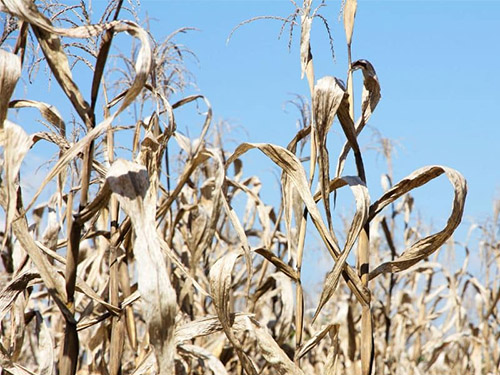
ROME, Sept 4, 2024 (BSS/AFP) - Climate change is intensifying the droughts currently plaguing Sicily and Sardinia, making them 1.5 times more likely to occur, according to a study released Wednesday by the World Weather Attribution group.
Hot and dry summers are nothing new on the Italian islands, but both have seen exceptionally low rainfall and persistent very high temperatures over the past 12 months, triggering devastating droughts.
Rivers have dried up, crops have withered and drinking water has been rationed in a part of Italy where agriculture and tourism are crucial, prompting both Sicily and Sardinia to declare a state of emergency.
The declarations prompted the interest of the WWA, a network of scientists who have pioneered peer-reviewed methods for assessing the possible role of climate change in specific extreme events.
"Human-caused climate change has increased the likelihood of the droughts driving crippling water shortages and agricultural losses in Sardinia and Sicily by 50 percent," the study found.
In Sicily, the second half of 2023 was marked by "an unprecedented dry spell, being the most arid period in over a century", it noted.
But it said a key driver of the drought was not so much a lack of rainfall but the continued high temperatures, which have remained stifling this summer even at night.
"We conclude that this increase in drought severity is primarily driven by the very strong increase in extreme temperatures due to human-induced climate change," the study said.
"Searing, long-lasting heat is hitting the islands more frequently, evaporating water from soils, plants and reservoirs," said Mariam Zachariah, a researcher at the Grantham Institute for climate change at Imperial College London.
"Sardinia and Sicily are becoming increasingly arid with climate change," she said.
"For the farmers and the towns that have endured months of water restrictions, this study is confirmation -- climate change is intensifying the droughts."
The study noted that ageing infrastructure was worsening water shortages, calling for better water management to help lessen the impact of future droughts.